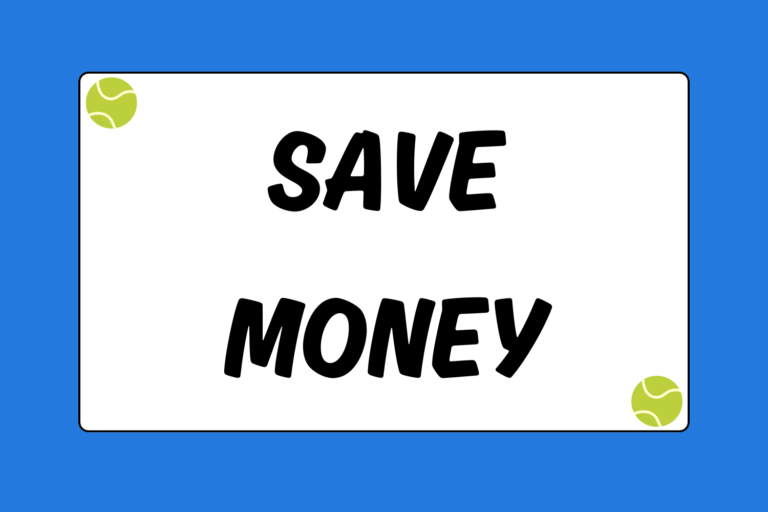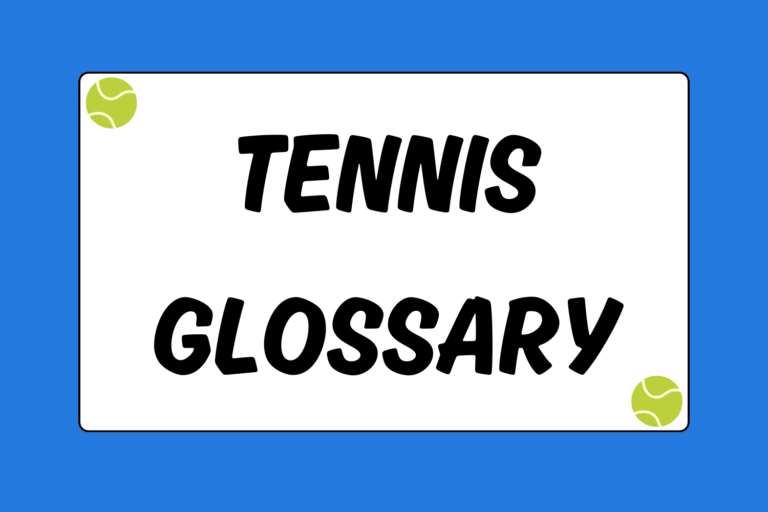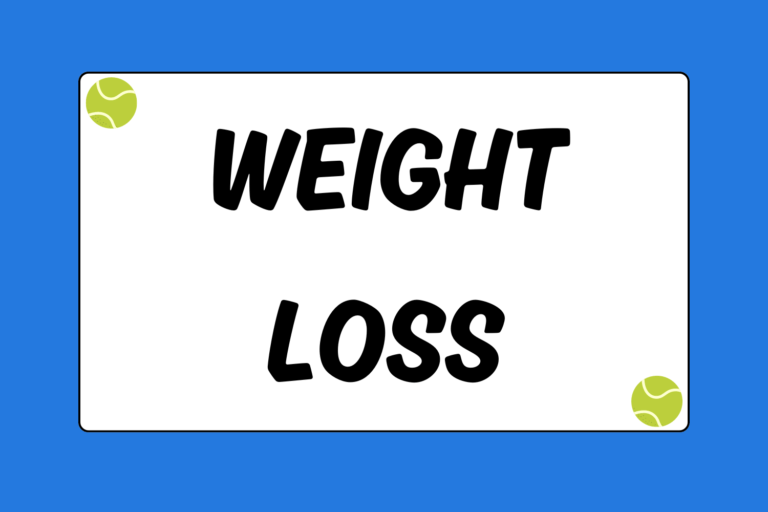By far, the most intimidating shot in tennis is a big-time serve. Depending on who your opponent is, a serve can take less than a second to get to you, meaning that you have very little time to think or react. This can put a lot of pressure on you and potentially lead to some unforced errors. If you find yourself in this situation, a little work on your tactics and technique will help.
1. Keep your eyes on the ball:
You want to be focused on every aspect of the serve.
This means you’re watching how high your opponent tosses the ball, where she makes contact, and the initial trajectory. These observations will take place in a matter of a second or two but will allow you to make a better educated guess on the ball. This is something players can practice while watching other matches.
2. Wait for it low:
It’s much easier to get to a ball that’s high than to one that’s low. Because of this, it’s advisable to keep your body in a low and wide position. You want to be able to move around easily. This way, when a ball is wide and towards the T, you will be able to explode off of your left foot to get to it.
3. Shorten your swing:
The return serve is the wrong time to try to wind up with a big swing. First, there isn’t enough time for a full swing, as the ball will be on you in half of a nanosecond. Next, because the serve is coming in so fast, trying to muscle it back will likely lead to an error. A half swing allows you to make quick contact with the ball and maintain balance and position to play the volley when the ball comes back.
4. Step into the ball:
Take a short half step forward when the ball is hit. This is essential for creating the right type of momentum needed for an effective return. Some experts suggest a shift right or left to account for wide shots. Regardless, standing flat-footed on the baseline is not going to help you get to 100-mph serves, my friend.
5. Give yourself more time:
If you find that the serve just keeps sailing past you, take a step or two back to give yourself a half second extra reaction time. Be sure to still take an initial step forward into the serve once your opponent’s racket makes contact with the ball.
6. Slice the ball:
Rather than trying to drive the ball with your full force, slicing the ball allows you to better control your return, and also buys you some more time to reposition yourself afterwards.
Repetition!
Since there is very little time to think during an actual serve, the best thing any tennis player can do is obsessively practice their return serve so that it becomes muscle memory. The return serve is one of the most important shots in the game of tennis, and one that players need to master if they hope to have success.
Drill it into your game
Have your coach (sure, it could be another player, a friend or family member, too) stand on the service line, while you stand in your ready position to return the serve. They will then call out backhand or forehand and toss the ball to you, mimicking a serve for the first 10-20 reps. After that, have them do the same thing, only this time without calling out the location. As the reps increase, your coach should try to increase the strength of the throws. This will allow you to develop good habits.
You may not return all of Superman’s or Superwoman’s serves, but these techniques can help to level the playing field.





